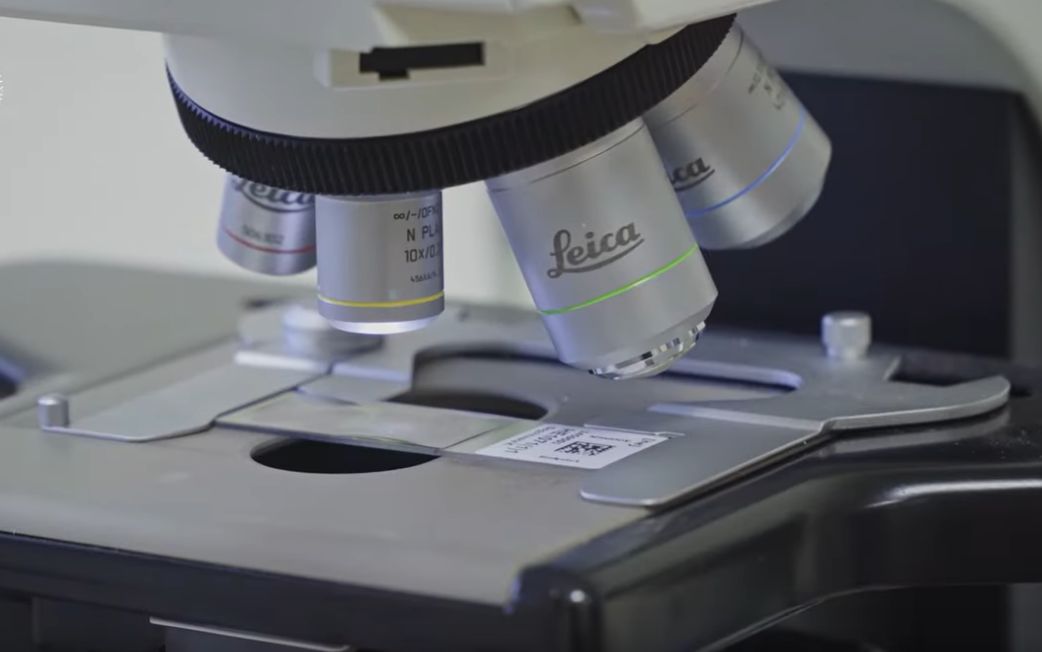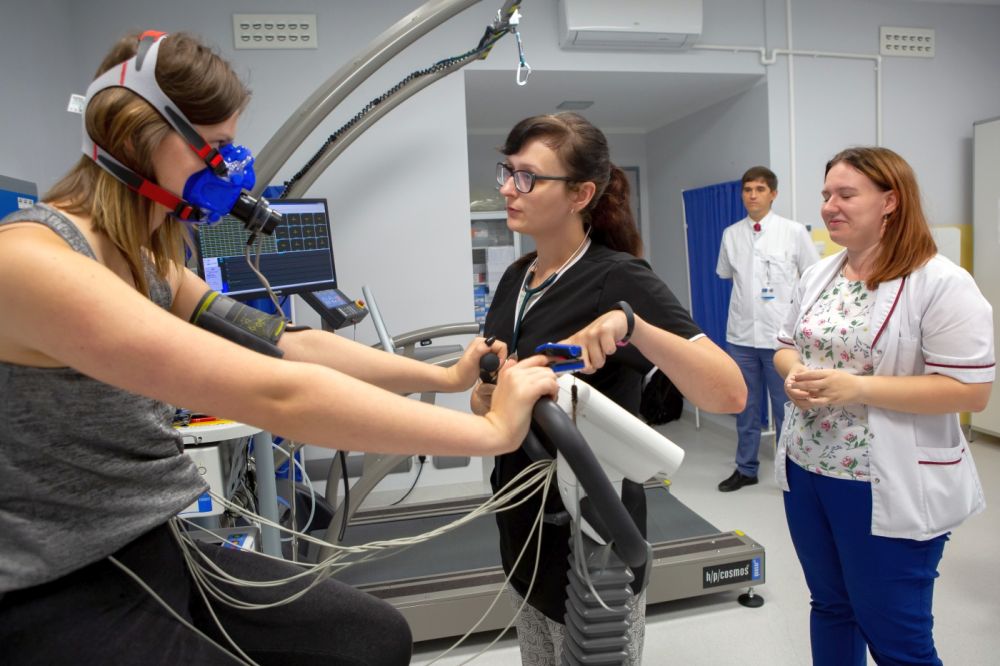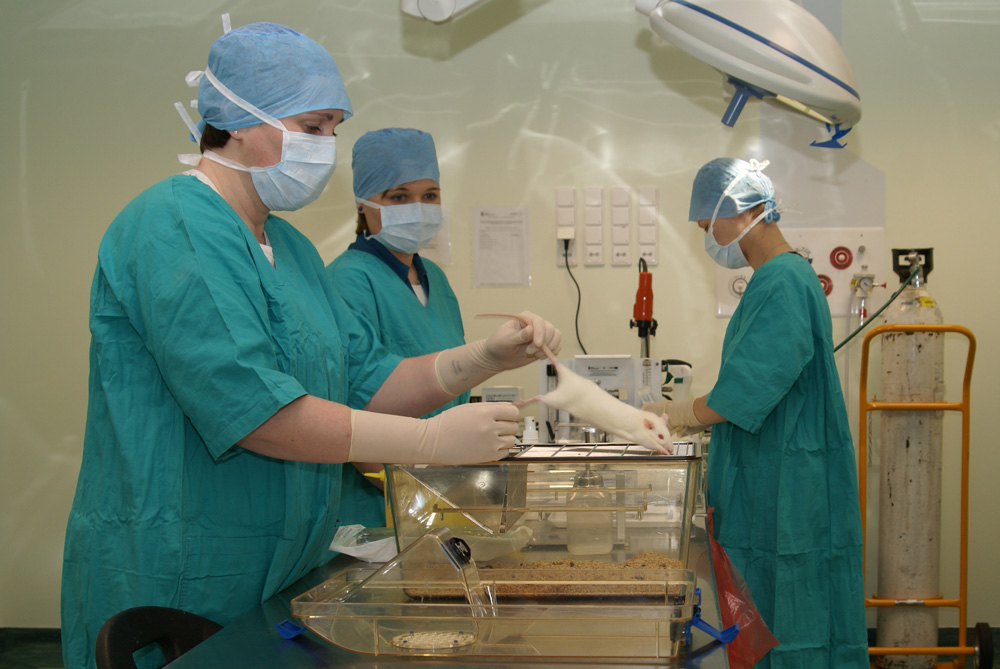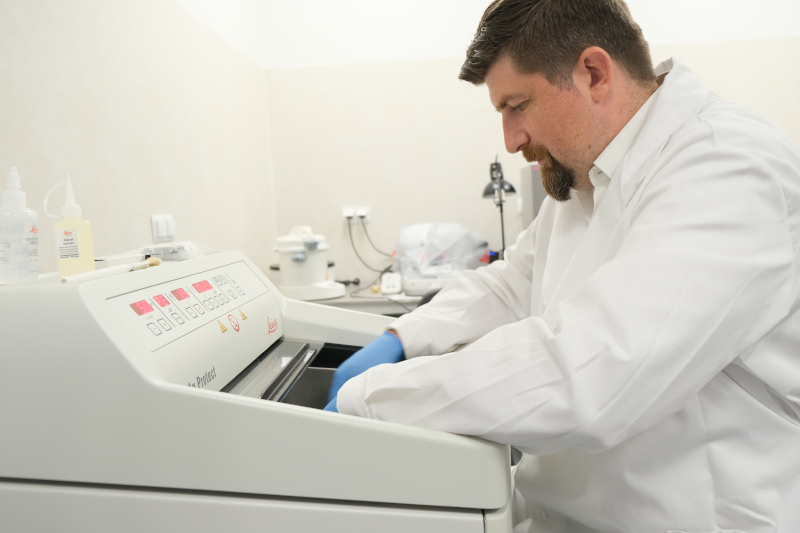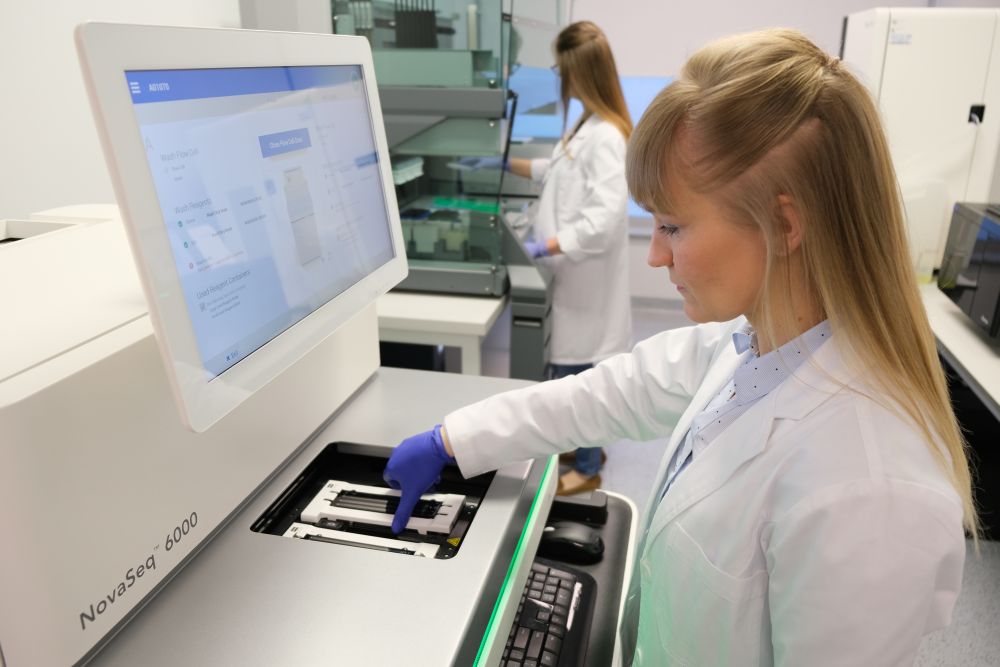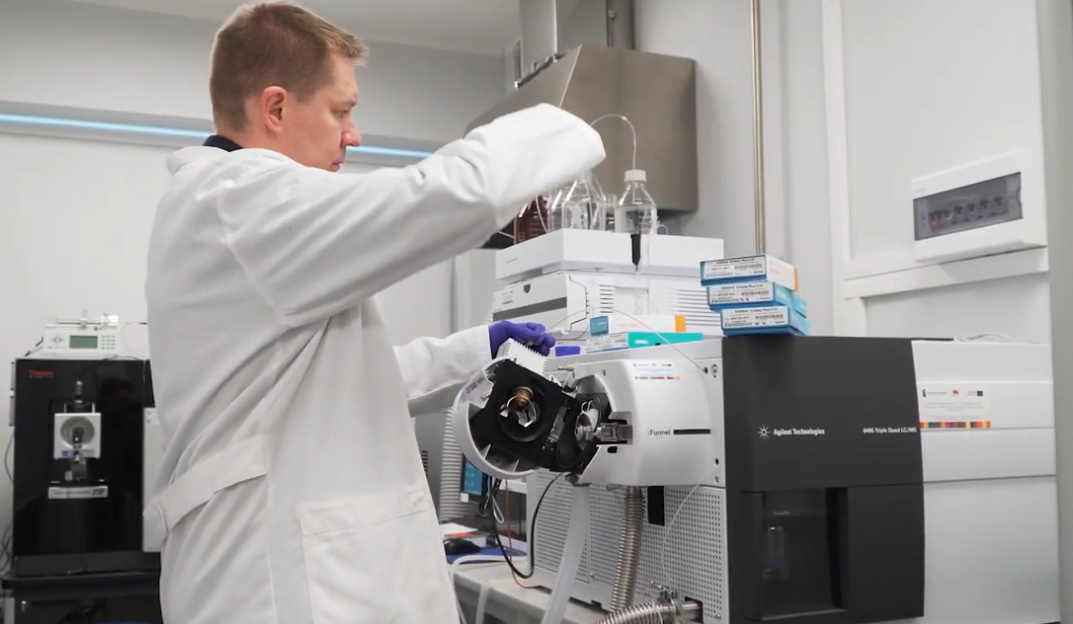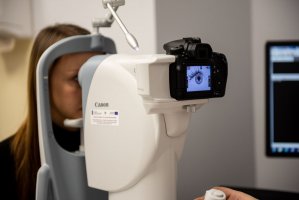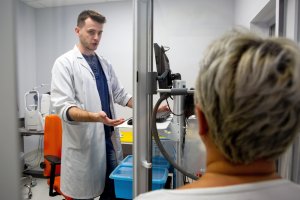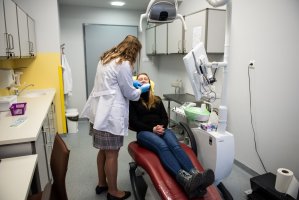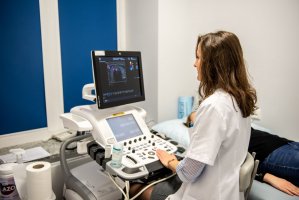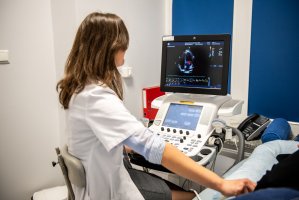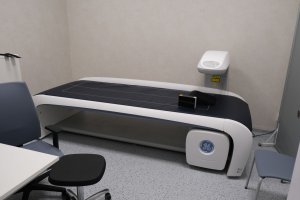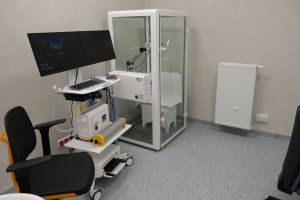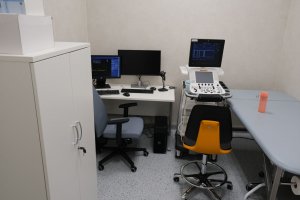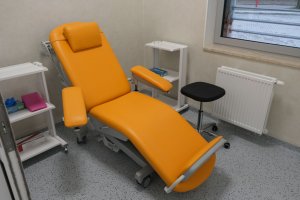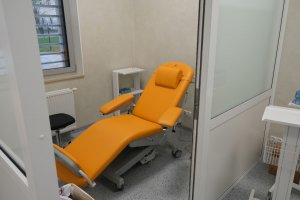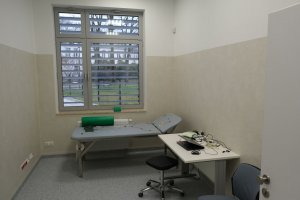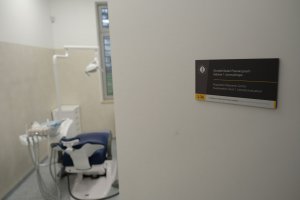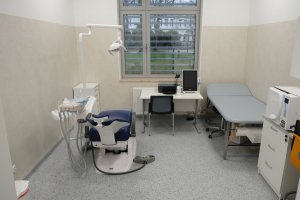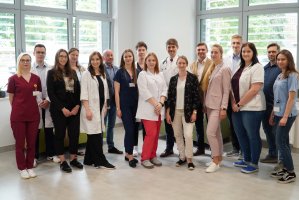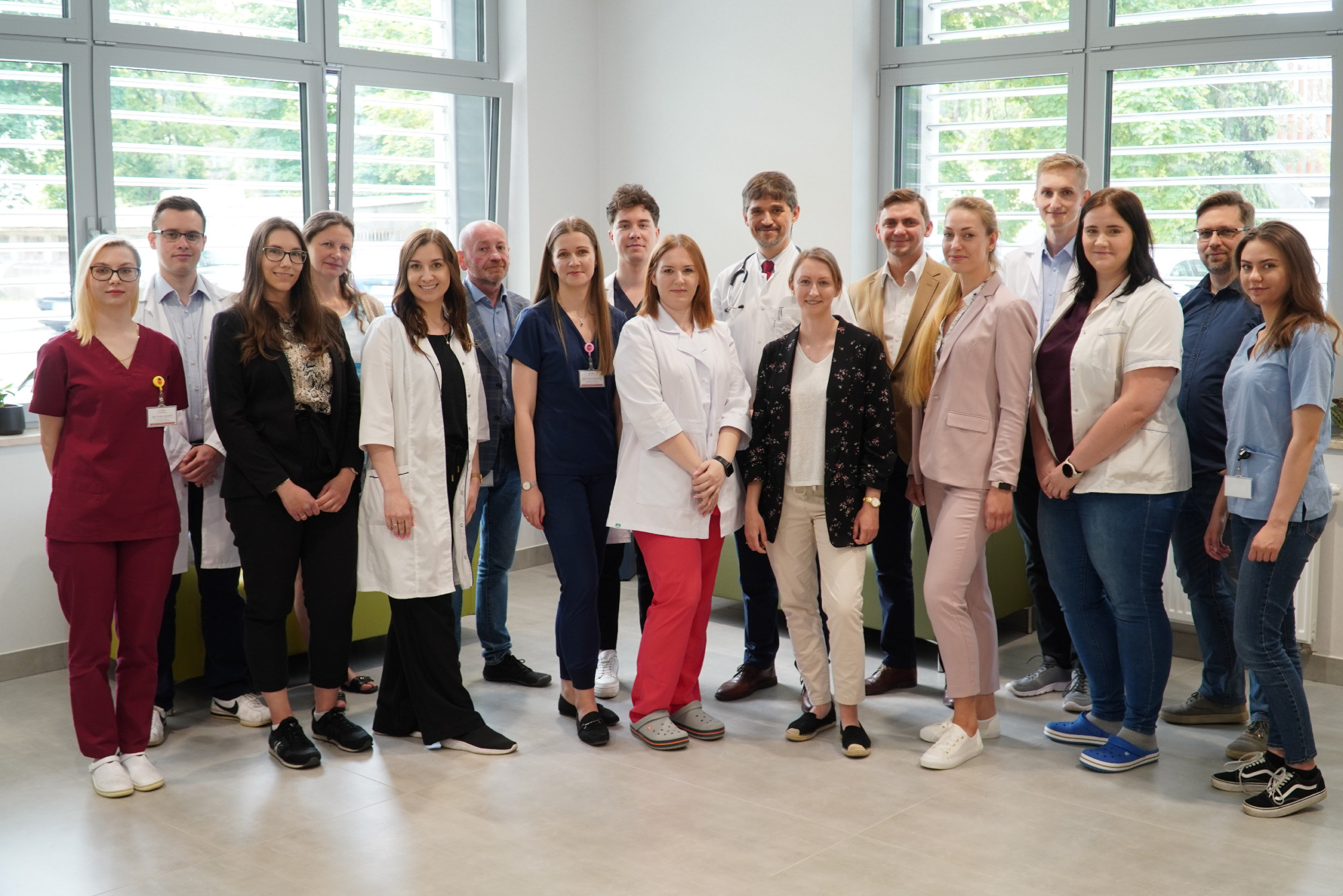
The Medical University of Bialystok is conducting a unique cohort study in this part of Europe entitled "BIAŁYSTOK PLUS - POLISH LONGITUDINAL UNIVERSITY STUDY". In a study that began in 2017, the health status of the population of Białystok residents aged 20-80 is assessed. For this purpose, randomly selected residents of the city are successively invited to participate in the survey (10,000 invitations). People who respond to the invitation enter the study group. Subsequent assessments are planned at 5-year intervals (so-called follow-up study).
The total projected follow-up period will be at least 15 years. The study protocol includes a broad, detailed assessment of health, anthropometric, socio-demographic and environmental parameters. A detailed health history is collected; the participant of the study has imaging (including ultrasound of the thyroid gland, carotid arteries, liver, echocardiography, magnetic resonance imaging (head, trunk, part of the limbs)), liver elastography, body plethysmography; spiroergometry, ECG, arterial stiffness assessment, body composition assessment (electrical bioimpedance and DEXA), fundus examination, dental examination, voice recording, tests determining basic cognitive functions in the elderly.
In addition, biological material in the form of blood, feces, urine, saliva, swabs from periodontal pockets is collected, which is then subjected to extensive laboratory evaluation. The database also contains the results of proteomic and metabolomic analyses, SNP's, and the composition of the intestinal microflora. Biological material is biobanked. (Samples are frozen and stored for scientific purposes).
The above-mentioned measurements are supplemented by an interview built on standardised, validated scales evaluating health risks related to lifestyle, exposure to environmental factors or psycho-social relationships. The research is carried out under the supervision of prof. dr hab. Karol Kamiński at the Population Research Centre, based at Waszyngtona 15B - a building specially designed for this project.
Scientific cooperation and an offer for business
Białystok PLUS is a sister study of the Study of Health in Pomerania (SHIP Study) conducted at the University of Greifswald (Germany), thanks to which many methods, know-how and standard operating procedures were implemented in the study of the Medical University of Bialystok.
In recent years, on the basis of Białystok PLUS and the contribution of Partners, a number of interesting projects have been created, for which external funds have been obtained. Scientific cooperation has been established with, among others, the Rotterdam Study, the Institute of Sociology of the University of Bialystok, and the SCALLOP Consortium. Białystok PLUS was part of consortia in application projects, such as VAMP Voice Analysis for Medical Professionals, under which a voice-based morbidity risk assessment system was developed. The multidisciplinary team of Białystok PLUS researchers remains open to establishing new cooperation and research projects, both basic and implementation. Białystok PLUS is a team of 35 people representing various disciplines and experience. Physicians and dentists, public health and epidemiology specialists, biostatisticians, electroradiologists, nutritionists, medical analysts, nursing specialists and sociologists joined their forces here. The possibility of interdisciplinary cooperation allows for a broad perception of health and its determinants. This is how unique projects are created!
Białystok PLUS is a source of current and comprehensive data describing the changing health situation of the city's inhabitants. It locates its uniqueness in a very broad research protocol and prospective evaluation taking into account repeated measurements. Both the size of the study group and the total number of variables pertaining to a single participant make this project unique in the country. The created database allows not only to assess the frequency of the phenomena under examination but, above all, to search for hitherto unknown associations between risk factors and the development of diseases. Of great value is the integration of methods and data recording with the sister study SHIP conducted in Greifswald, which enables the size of study groups to be increased.
kontakt
www: https://bialystok.plus
e-mail: medycyna.populacyjna@umb.edu.pl
Principal Investigator (PI) prof. dr hab. Karol Kamiński
email: karol.kaminski@umb.edu.pl


